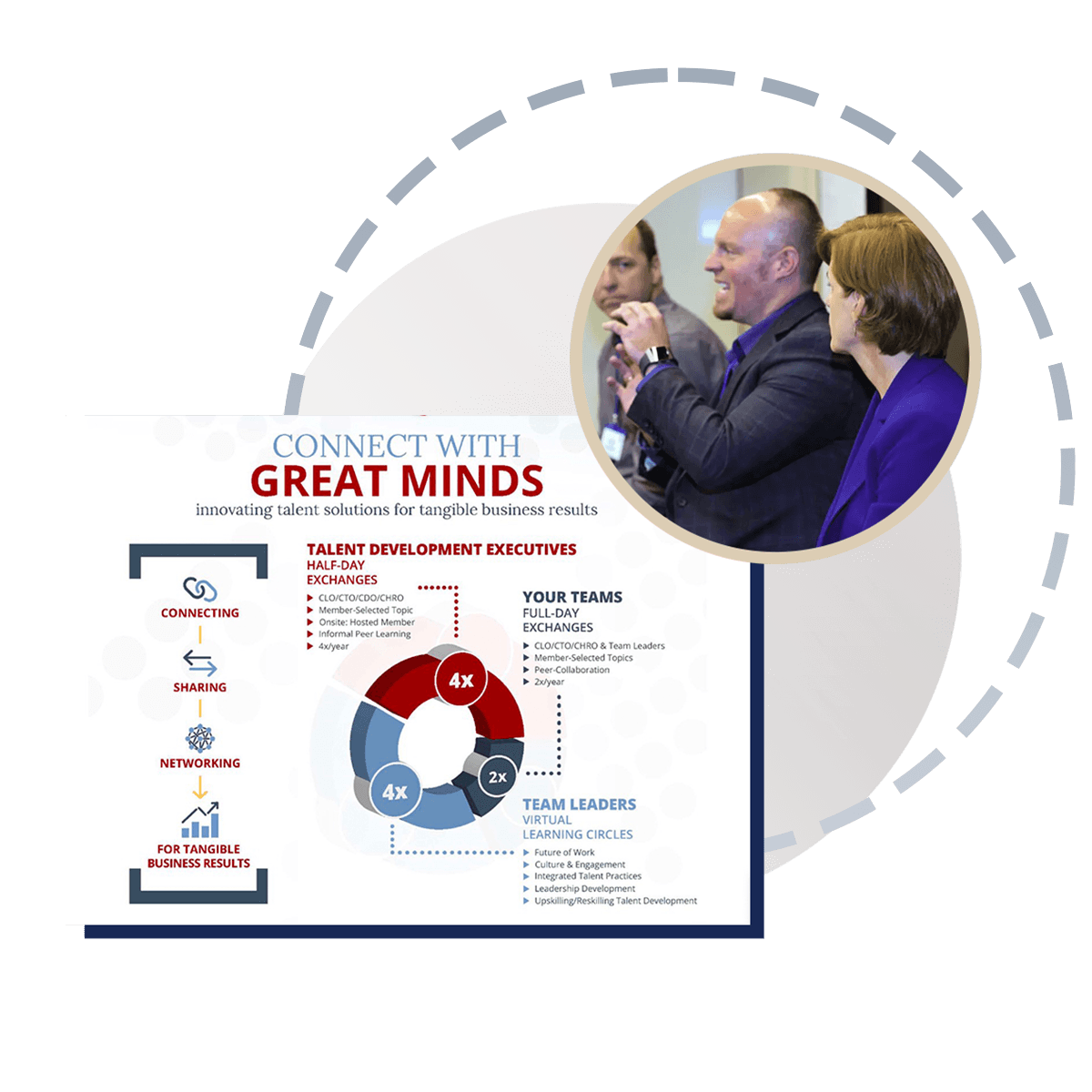This highlight video is from November 14, 2025 session Kick-off ELE Innovation Sprint: Simplifying Reskilling/Upskilling to Scale
This video discussion made one thing unmistakably clear: our organizations don’t have a reskilling problem — we have a work clarity problem.
Marty Murrillo captured it in one line:
“Most reskilling efforts teach courses instead of transferring capability into the flow of work.”
That distinction matters. Work is shifting daily. AI is reshaping tasks faster than career systems can catch up. Yet the response in many organizations is still: add more learning.
Leaders aren’t asking for more learning — they’re asking for capability that shows up in the work tomorrow morning.
Mike Hoyt named the core issue:
“Training often misses the work it’s meant to improve.”
And even before skill-building begins, there’s the human layer. As Susan Guest reminded us:
“People can’t learn new skills until their fears about AI are addressed. Mindset comes before reskilling.”
That combination — unclear work, misaligned learning, and unmanaged fear — is exactly why scaling reskilling feels so complex.
Here’s the shift senior talent leaders are making:
1. Start with job design, not content design.
Teams aren’t struggling with skills; they’re struggling with unclear expectations for the work ahead. Reskilling becomes simpler the moment the work becomes clearer.
2. Put managers at the center of capability transfer.
Not as course recommenders — but as partners in task redesign, strengths alignment, and day-to-day development choices.
3. Treat L&D, OD, and change management as one integrated discipline.
Reskilling isn’t a “program.” It’s work architecture + behavior change + communication + learning, all happening together.
4. Make simplification the strategy.
Leaders aren’t looking for another competency model. They’re asking for practical tools that help them navigate shifting work without adding friction.
5. Use strengths to accelerate transition.
When work evolves, strengths give employees a faster, more confident path into new responsibilities.
The Sprint now moves into design mode, where ELE’s cohort will build manager-ready tools that make reskilling more connected to the work, simpler to navigate, and easier to scale.
If you’re thinking about what this means for your own teams, bring your thoughts to the ELE Idea Exchange — it’s where the next wave of ideas takes shape.

